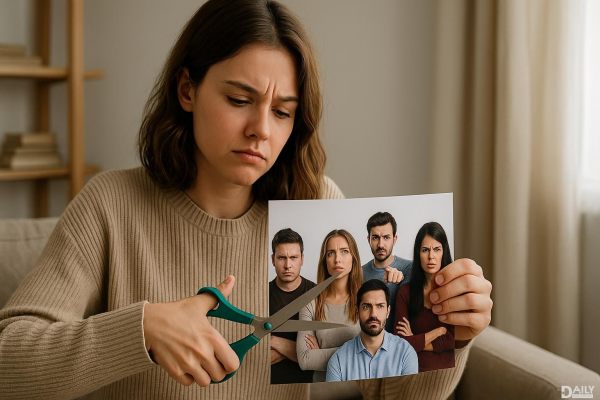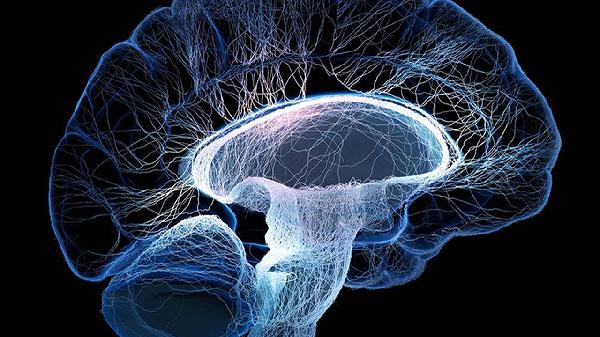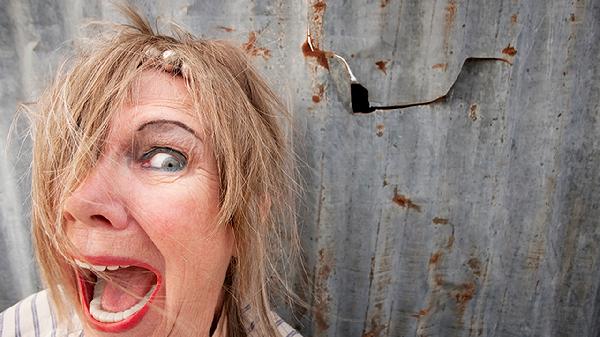The term "delulu" has taken over social media, becoming a go-to phrase for describing anything from unrealistic romantic expectations to overly optimistic career goals. But here's the thing—while it might seem harmless to joke about being "delusional," the reality is that actual delusions are a serious symptom of mental health conditions. The casual use of this term risks trivializing the experiences of those who genuinely struggle with delusional disorders. So, how did we get here, and why does it matter?
The Clinical Definition of Delusions
According to the DSM-V, a delusion is a fixed, false belief that remains unchanged even when presented with contradictory evidence. Dr. Emily Green explains that clinically, delusions are associated with psychotic disorders like schizophrenia or severe bipolar disorder. These aren’t just quirky beliefs—they’re deeply ingrained and often resistant to logic. Psychotherapist Leon Garber adds that delusions often serve as a coping mechanism, providing comfort or meaning when reality feels unbearable. But this comes at a cost: delusions can severely disrupt relationships, careers, and overall functioning. For example, someone with delusions of grandeur might genuinely believe they’re a world leader, leading to dangerous or socially isolating behavior.
The Many Faces of Delusions
Delusions aren’t a one-size-fits-all symptom. Dr. Green breaks them down into "bizarre" (impossible beliefs, like mind control) and "non-bizarre" (plausible but false, like thinking you’re secretly famous). There are also persecutory delusions (believing others are out to harm you) and erotomanic delusions (convincing yourself someone is in love with you, often a celebrity). The key factor? A complete lack of insight—if someone can acknowledge their belief might be irrational, it’s not a delusion. This distinction is crucial because it separates clinical delusions from the exaggerated optimism people joke about online.
Why Delusions Are More Than Just "Being Out of Touch"
Delusions aren’t just harmless quirks—they can lead to real-world consequences. Dr. Stephanie Freitag points out that paranoia often accompanies delusions, making everyday interactions feel threatening. Imagine mistaking a stranger’s glance for a death threat—that’s the level of distortion we’re talking about. Delusions can also fuel harmful behaviors, like stalking or self-isolation. Treatment is tough, too; delusional individuals often distrust therapy, making recovery a slow process. So when people casually say they’re "delulu" for hoping their crush texts back, they’re glossing over the actual struggles of those with delusional disorders.
How "Delulu" Became a Viral Slang Term
Like many mental health terms, "delusional" has been watered down in pop culture. Dr. Freitag explains that slang often emerges to describe experiences we don’t have words for—hence "delulu" capturing that mix of wishful thinking and denial. But here’s the catch: clinical delusions are rare (affecting just 0.05% of adults), so most people using the term aren’t actually delusional. Dr. Green notes that "delulu" beliefs are usually non-bizarre and flexible—unlike true delusions, which are rigid and impervious to reason. The trend reflects our collective discomfort with uncertainty, but it also risks blurring the line between humor and harm.
The Harm in Calling Yourself "Delulu"
Calling yourself "delulu" might feel like a lighthearted way to cope with disappointment, but it inadvertently minimizes real mental health struggles. Dr. Green emphasizes that clinical delusions are debilitating, not meme-worthy. When we throw around terms like this, we reinforce stereotypes and make it harder for those with actual disorders to be taken seriously. Freitag adds that slang like this often stems from poor mental health literacy—a way to avoid sitting with uncomfortable emotions. But mental health isn’t a joke, and misusing clinical terms only adds to the stigma.
At the end of the day, language evolves, but we should be mindful of how we use words tied to serious conditions. There’s a big difference between joking about "manifesting" a dream job and experiencing actual delusions. If we want to foster a more empathetic understanding of mental health, it starts with choosing our words carefully—because what’s trendy today could have lasting consequences tomorrow.
























